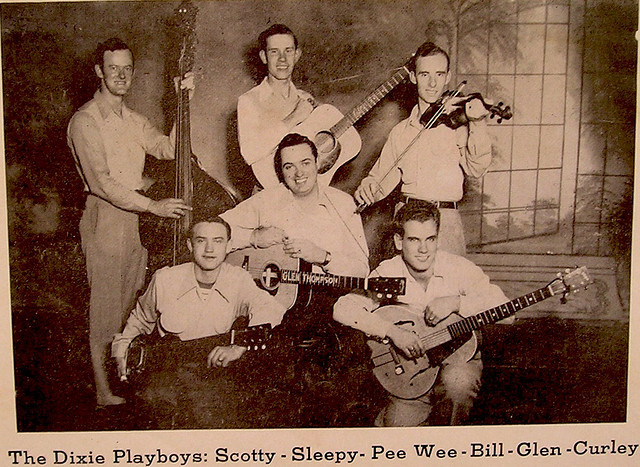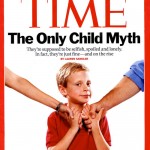Each week in On the Other Hand, Ben Bartlett defies the common wisdom and identifies the other side of the story of cultural hot-topic issues.
Of late, Mike Huckabee has been in the news for his comments on single motherhood in general and Natalie Portman in particular. On the whole, I think the media treatment of the incident has been biased at best, harsh and unfair at worst, and foolish in general. At least the above link contains the actual quote rather than an oversimplified paraphrase.
Huckabee is in a tough position, because he is evaluated not just as a thought leader, but as a potential political leader. Open minded people (fairly) want to know what he’s about and whether he can be a leader for all the people, liberals (unfairly) want to hurt his credibility with that group, and conservatives (unfairly) want him to pull even farther to the right and yet win office anyways. You can see why politics is a minefield.
But the whole event caused me to ask another question: When is it the right time for Christians to take on a prophetic role? We usually use prophecy as a word describing the act of seeing and telling the future, but most biblical prophecy is actually indictment of sin. In effect, the prophet is a truth-teller who knows the heart of God intimately and professes his anger and disappointment at sin to those commiting it.
Here at CaPC, we put a lot of emphasis on engaging culture, enjoying culture, understanding culture, and representing ourselves well to culture. For the most part, we don’t take on the role of speaking in a challenging way about sin to those who don’t acknowledge the same God we do. That’s fine, that’s our role.
But who should? When should they? How should they? I am bothered by the notion that evangelicals have not found a good, clear way to simultaneously profess love of individuals but ALSO hatred of sin. It seems to me that Mike Huckabee could have easily avoided the issue for the sake of his political career, but that he actually walked a careful line in his statements in a way designed to promote civic health for all people. If his role WERE a prophetic one, this would be an extremely soft version of it.
What do you think? Is there a prophetic role of speaking about sin to the culture today? How should that role be carried out? Who should do it? What can be done to prevent coming across as “holier-than-thou?” What are some of your good or bad experiences with this area?











